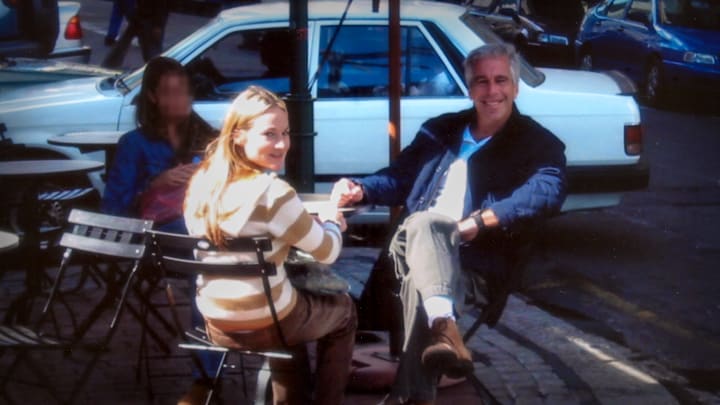Streaming platforms like Hulu have excelled at transforming criminal cases into compelling series that attract millions of viewers. These shows entertain us as well as inform us, and there have even been instances where viewers were able to help solve cases. However, a recent case involving a prosecutor’s family ties to a Hulu producer has sparked concerns about ethics, transparency, and conflicts of interest in media-driven legal narratives.
A recent report revealed that a prosecutor involved in a high-profile criminal case had familial connections to a producer working on a Hulu documentary about the case, and the connection raised some valid ethical questions. Did the prosecutor’s relationship with the producer influence the legal proceedings? Was privileged information shared with the media? Most importantly, does this connection compromise the right to a fair trial?
Any perception of bias or conflict of interest, especially in cases still under review, can erode confidence in the justice system and lead to speculation about whether media portrayals are actually the objective truth.
What’s new on Hulu this month: Releases, exclusives, and can’t-miss shows
Key ethical issues
Conflict of Interest
A prosecutor’s primary responsibility is to seek justice, not to contribute to a potentially dramatized version of events. If personal relationships between prosecutors and media figures exist, they might manipulate information to make the show more interesting.
Privileged Information
Legal professionals have access to sensitive case details that may not be available to the public. If such information got out to a media producer with personal ties, it raises concerns about confidentiality and fair legal processes. It could even result in a mistrial.
Public Perception and Bias
Even if no legal wrongdoing occurred, the revelation of personal relationships could fuel conspiracy theories and public skepticism that is difficult to overcome for both the trial and streaming viewers. True crime audiences expect authenticity, and any perceived bias can call the legitimacy of a documentary into question.
Journalistic integrity
The media has a responsibility to present factual, unbiased accounts of legal cases. When a documentary producer has a close relationship with a key legal figure, the narrative could be unintentionally (or intentionally) influenced, leading to questions about whether justice is truly being served.
Similar cases: When media and legal ethics collide
The Jeffrey Epstein case and Netflix’s ‘Filthy Rich’
Netflix’s documentary raised concerns about selective storytelling and omitted details that some believed were relevant to the case. Critics questioned whether the filmmakers had an agenda beyond just presenting the facts.
The ‘Making a Murderer’ debate
This Netflix docuseries drew both praise and criticism for its depiction of the Steven Avery case. Some believed it exposed flaws in the justice system, while others accused it of selectively omitting key evidence to favor a particular narrative.
‘The Staircase’ and editorial bias
The HBO Max series covering Michael Peterson’s trial faced backlash when it was revealed that filmmakers had a close relationship with Peterson’s defense team, raising concerns about objectivity.
Follow HuluWatcher to stay up to date with all of the news and gossip about shows on Hulu.
